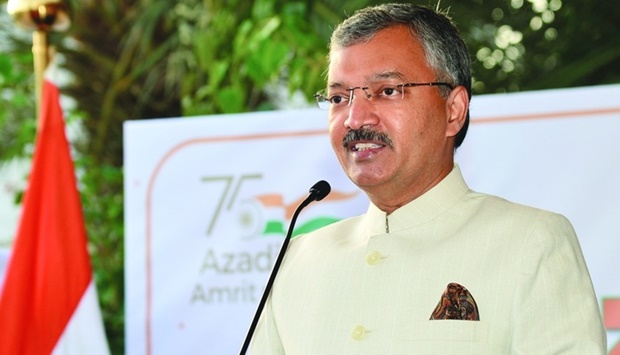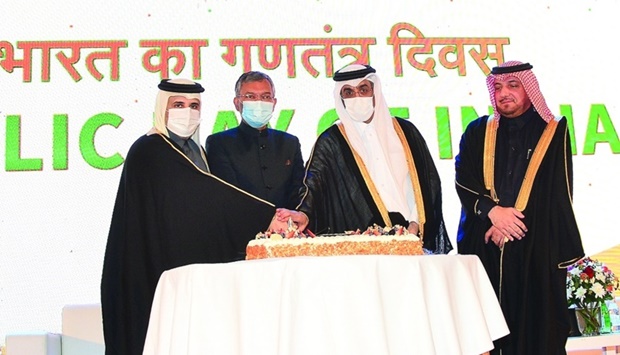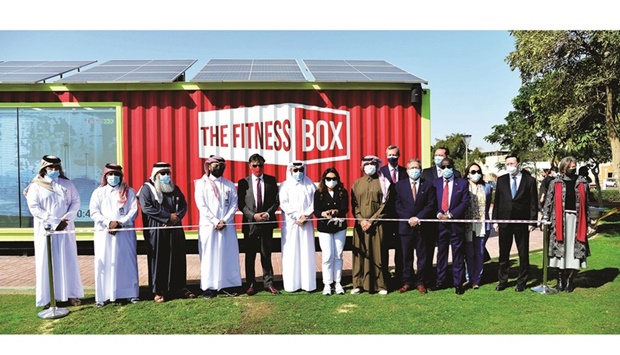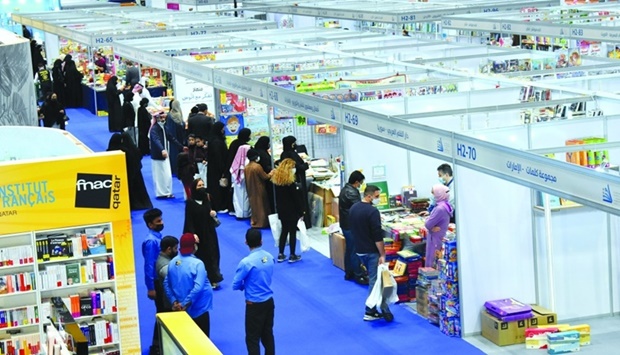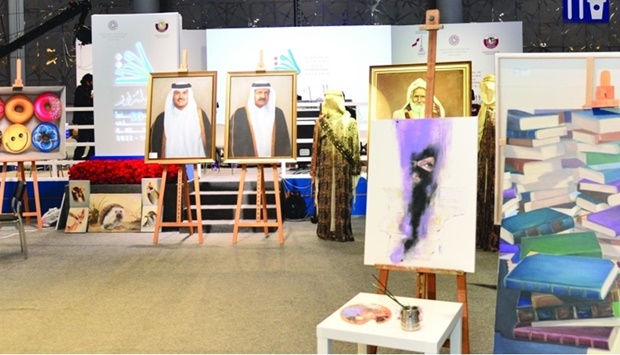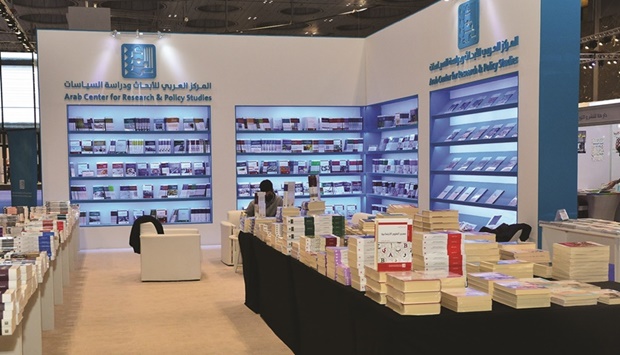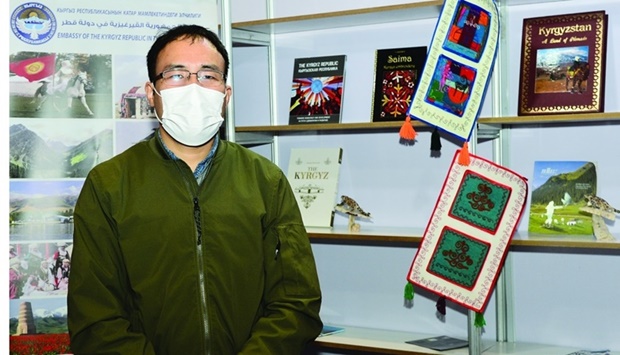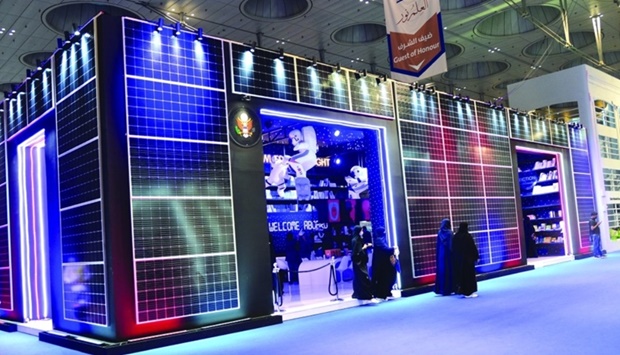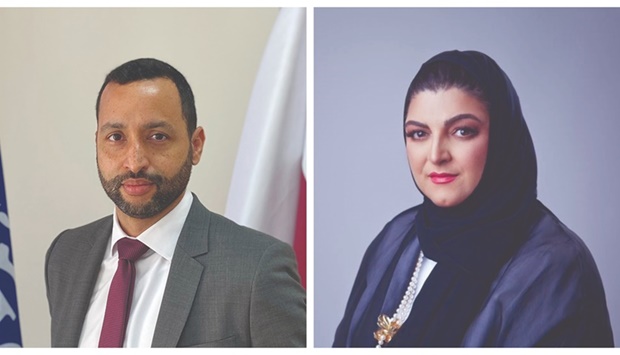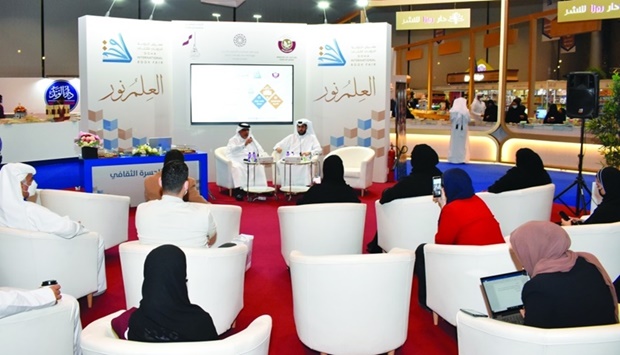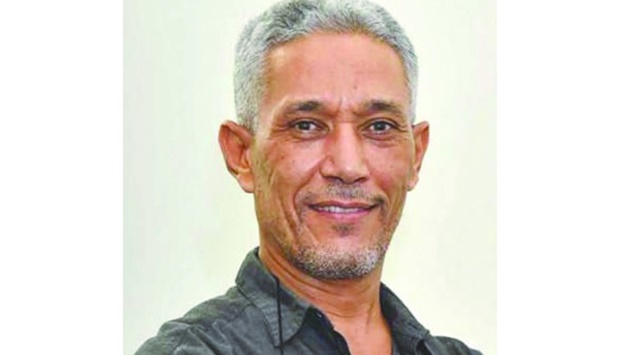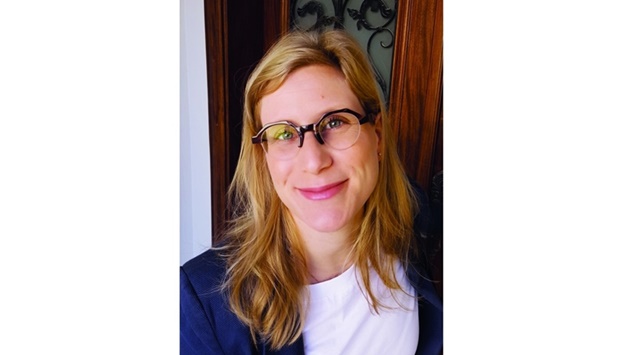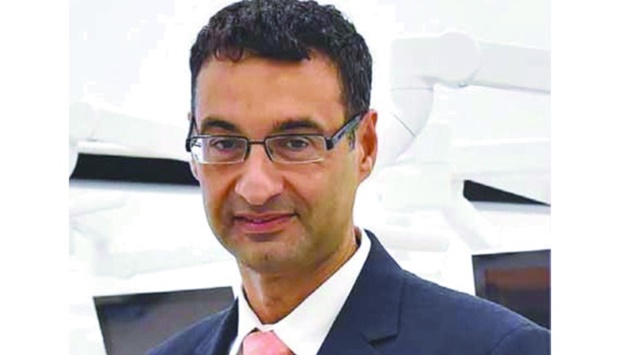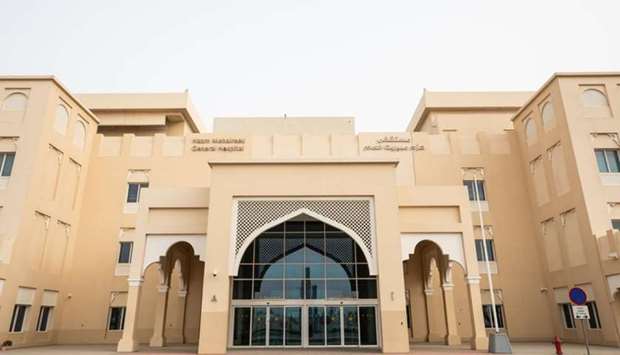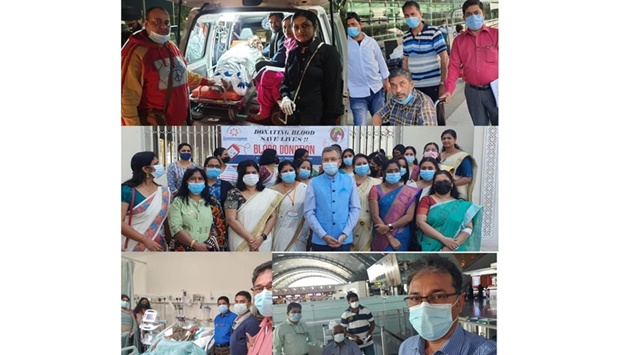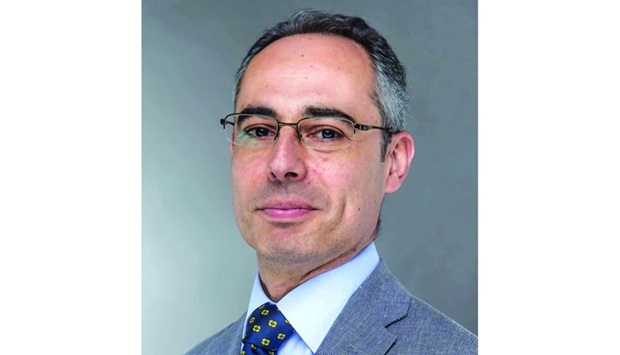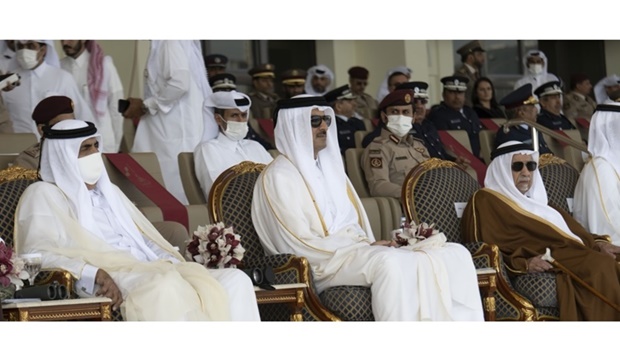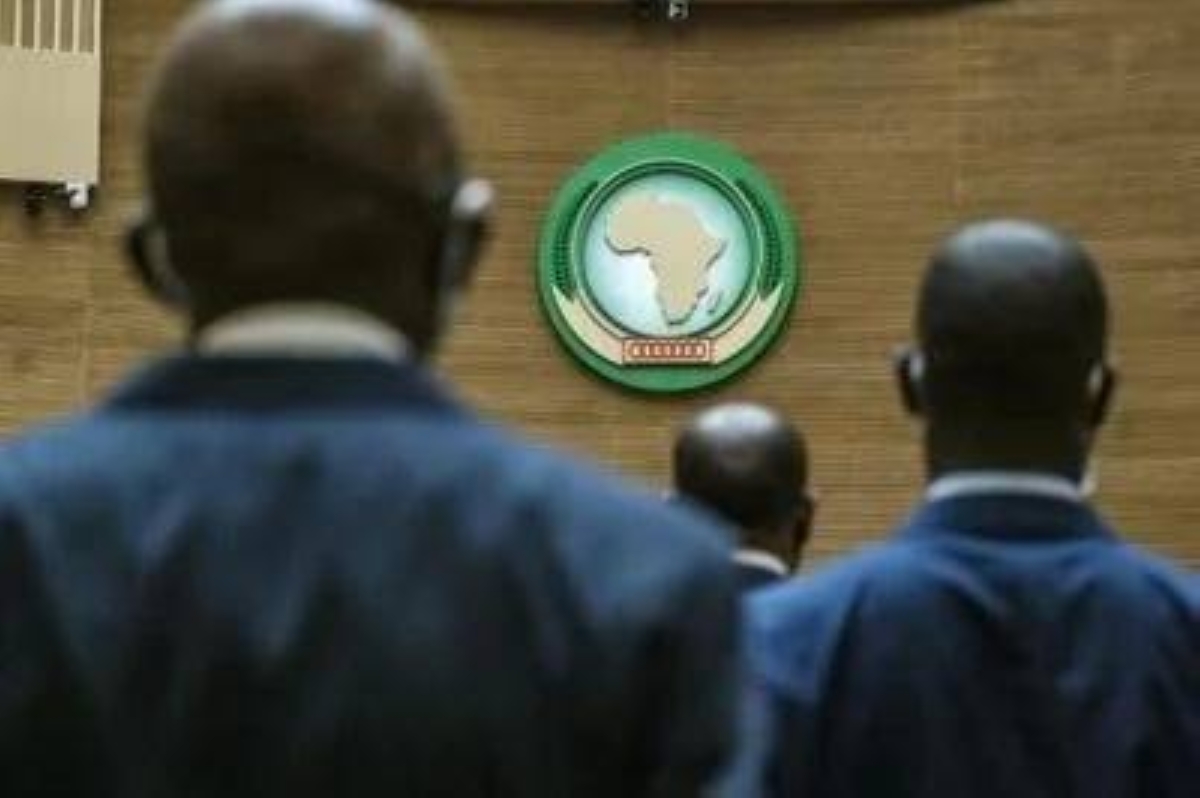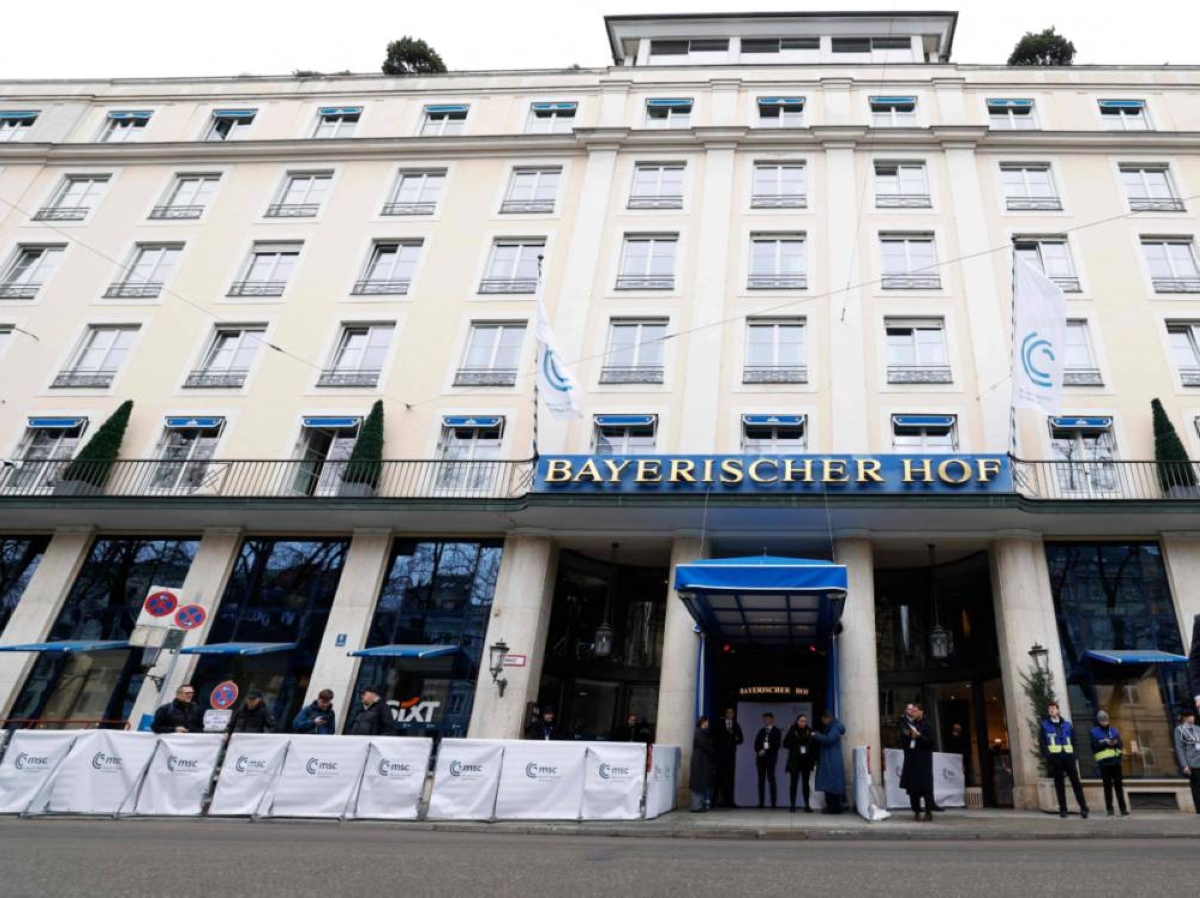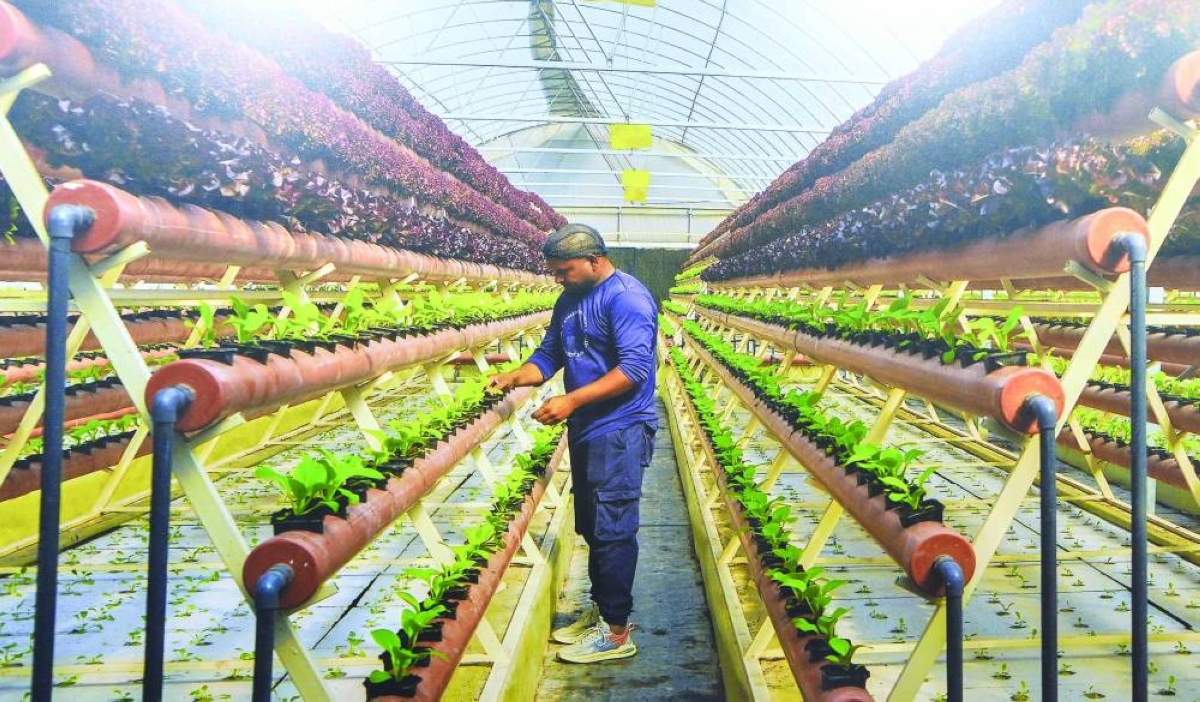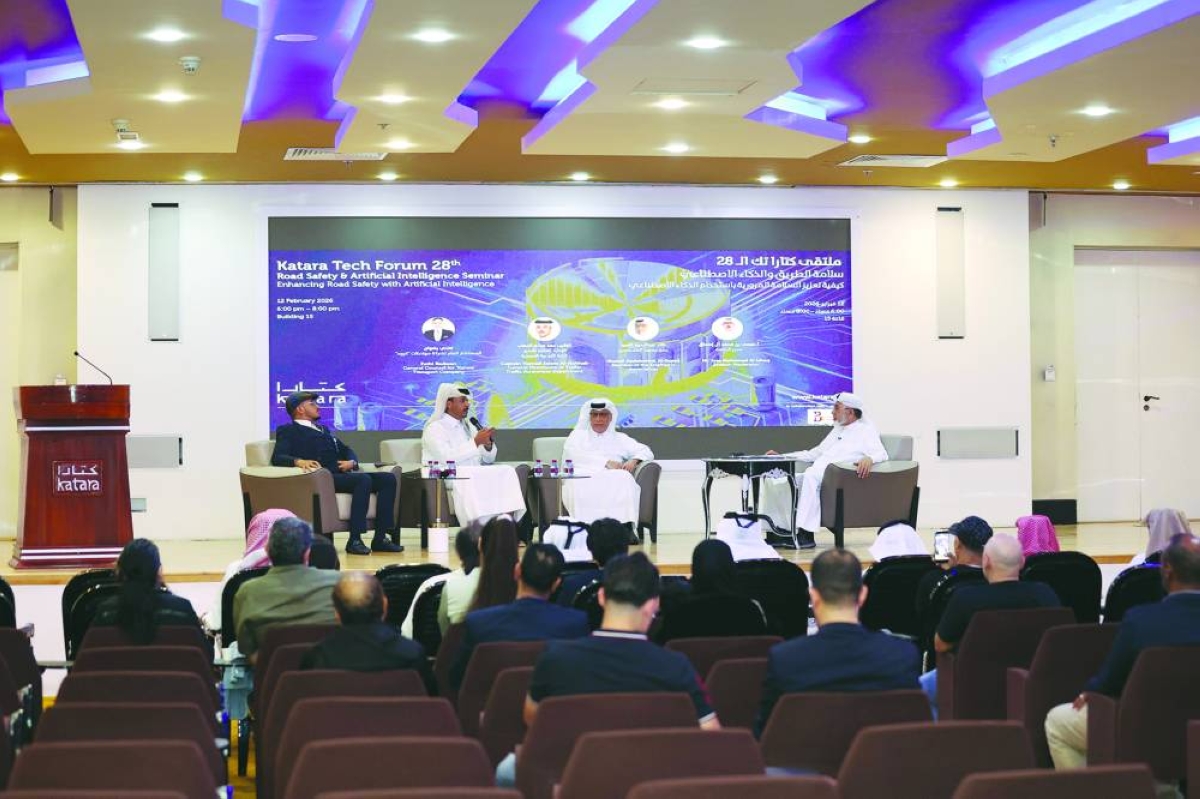The Indian embassy has been awarded a piece of land to build its own building in West Bay, the Indian ambassador said Wednesday. Speaking at the 73rd Republic Day celebrations, Dr Deepak Mittal said: “It is a matter of pride that the Government of Qatar has allocated a plot for us to construct our own embassy building. We hope to complete a spacious embassy building, which is our home away from home in the coming years. We hope to develop it with all the facilities as our new home for every Indian here in Qatar. I look forward to your support and we can have better facilities and bigger capacity to accommodate more fellow citizens to celebrate events such as this.” Dr Mittal told Gulf Times that “we have been allotted the land at the Diplomatic Enclave in West Bay. We have started the process of designing the building. We hope to complete the construction soon and have a permanent structure.” ______________________________ Read Also: Indians mark 73rd Republic Day with patriotic fervour ______________________________ The Indian envoy also said in an effort to involve more community members in the Republic Day and Azadi Ka Amrit Mahotsav celebrations, several activities will be held and as many members and sections of the community in Qatar will join in the celebrations. “We plan to visit maximum number of labour camps possible during the weekends and involve the community members in the celebrations. Depending on the free time of workers and following the Covid protocols, we will visit them and extend the Republic Day celebrations as well as Azadi Ki Amrit Mahotsav.” Dr Mittal also highlighted the efforts of the embassy to reach out to every Indian in Qatar through online platforms. “We have launched the 'India in Qatar' app on Android and iOS platforms so that every Indian can contact the embassy 24/7. This has enabled the community members to get in touch with the embassy at their own convenience and get their grievances or issues solved or redressed. This can help the community to get any of the services of the embassy as well as any other emergency needs. Our effort is to reach back to the persons concerned within 24 hours to consult and solve any issues raised by any Indian national,” he said. “We launched a call centre last year, which is Pravasi Baharatiya Sahayata Kendra here in Qatar. This is available in three languages and our effort this year would be to expand it further to more Indian languages to make it more robust and into 24/7. It will make sure that for any service or assistance we are just a phone call away,” added the ambassador.

Joseph Varghese
A journalist with a penchant for reporting events, Joseph Varghese digs deep to unearth facts. With several years of experience, including at Gulf Times, Joseph handles health, science and technology, IT and education in addition to everyday developments.
Most Read Stories

